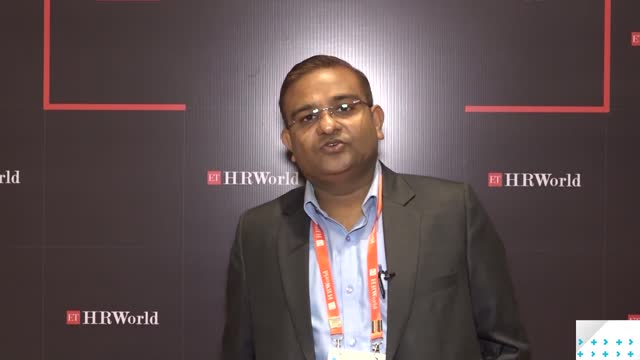In a significant ruling, the Delhi High Court has clarified that Employees’ Provident Fund (EPF) contributions are now mandatory for international workers employed in India, irrespective of their nationality or the duration of their stay. This decision is expected to have a far-reaching impact on both multinational companies (MNCs) and expatriate employees working across the country.
Background: Understanding EPF for International Workers
The Employees’ Provident Fund and Miscellaneous Provisions Act, 1952, governs the provident fund system in India. Traditionally, the Act mandated contributions from employers and employees who were Indian nationals. However, with increased global mobility and cross-border employment, the term “international worker” was introduced in 2008 to include foreign nationals working in India and Indian employees working abroad in countries with Social Security Agreements (SSAs).
Until recently, several companies had sought clarification regarding whether foreign nationals working in India for short assignments were liable to contribute to the EPF. The Delhi High Court’s latest decision has now removed this ambiguity.
The Court’s Decision
The Court ruled that all international workers who fall under the definition outlined by the EPF Act are required to make provident fund contributions. The judgment emphasized that:
- There will be no exemption based on the duration of employment in India.
- Employers must ensure timely deductions and deposits of contributions for all eligible international employees.
- The rule applies even if the international worker is already covered under the social security system of their home country, except in cases where an SSA provides specific exemptions.
Implications for Employers
This ruling puts additional responsibility on organizations employing expatriates in India. HR and payroll teams must now:
- Review all employment contracts and payroll structures of foreign employees.
- Ensure that both employer and employee contributions are accurately calculated and deposited.
- Maintain compliance with EPF filing and reporting standards to avoid penalties or legal action.
Companies that previously excluded international employees from EPF contributions may also need to reassess their past records and regularize any non-compliance.
Impact on International Workers
For expatriates, this means that a portion of their salary will now be directed towards India’s provident fund system. While this ensures long-term savings, it may also affect take-home pay and tax implications depending on their home country’s tax and social security laws.
However, in cases where India has an active Social Security Agreement (SSA) with the worker’s home country, they may be eligible for relief from double contribution, provided the agreement covers such provisions.
Industry Outlook
The ruling has been welcomed by compliance experts for bringing clarity and uniformity to India’s social security framework. It aligns India’s employment laws with global standards while reinforcing accountability among employers.
Yet, some industry leaders believe the government may need to simplify the compliance process for short-term international assignees to avoid administrative complexities.
Final Takeaway

The Delhi High Court’s decision marks a defining moment in India’s employment and social security landscape. Both employers and international workers must align with the new compliance requirements effective immediately.
Proactive measures such as auditing payrolls, updating policies, and seeking expert guidance can help organizations stay compliant and maintain a seamless cross-border workforce management system.




